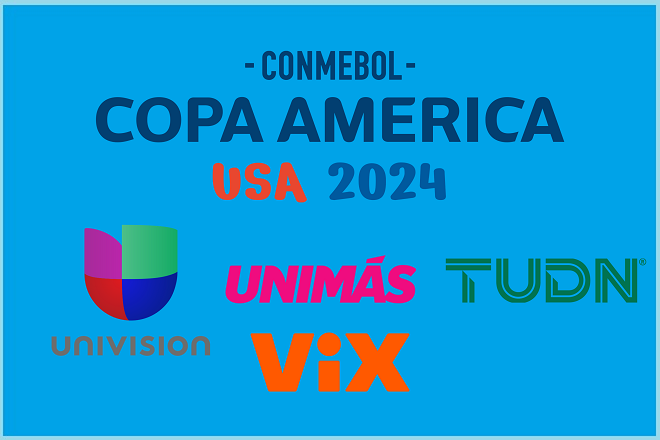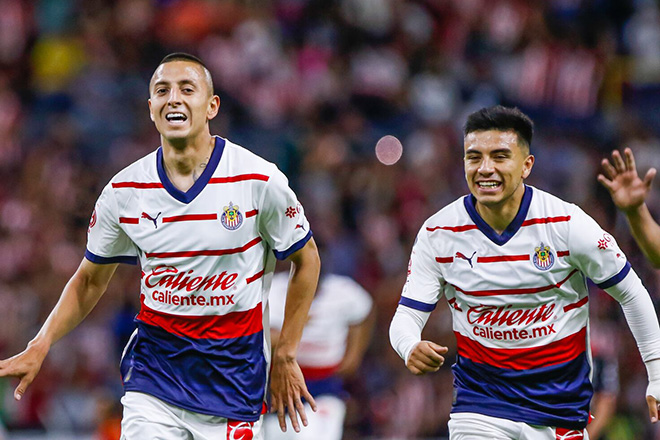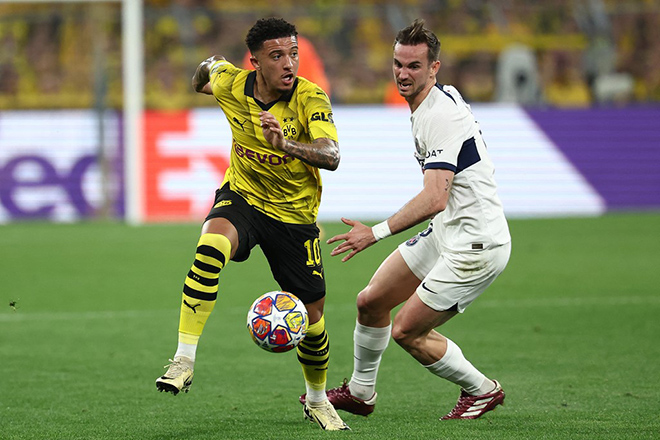.jpg?q=75&w=634)
From Iker Casillas in goal to David Villa in attack, this Spanish generation of players is a tribute to football.
They were not part of a brilliant Final, but a Final that witnessed another trick in the never-ending Spanish repertoire. The Netherlands incessantly disrupted the Spanish flow of football. They did what Germany could not do: they tried to play with Spain on even terms, even if the play was skewed in Spain’s favour. However, rather than be ruffled, Spain withstood every physical challenge, waiting patiently for their chance. Slowly, they asserted their method of possession football.
The famous Spanish journalist Guillem Balague recently summarized Spain’s ethos: "three years ago, we decided to keep the ball and since then nobody has taken it off us. We cannot compete physically with the rest so we keep the ball.” This current Spanish team consider keeping the ball their birthright. No team in recent memory has embodied a philosophy so viscerally as Spain. It is as if there is a biological imperative spurring them on, one that has configured them to win by playing their brand and only their brand of football. Yes, the Final was won by the better team with better footballers, but it was also won by a team that has complete self-belief. No matter how much the Dutch fouled—to be fair, Spain dished it out too—it was as if Spain knew that eventually their stamp on the game would be the stamp of authority.
Today was not a quintessential example of Spanish football, but as the game wore on, you could see their quick and intelligent passing game slowly start to unhinge the Dutch. The goal by Andres Iniesta, set up by Arsenal’s outstanding Cesc Fabregas, was the result of quality eventually winning out. True, that Arjen Robben could have scored on the one-on-one chance with Casillas, but, as Dutch coach Bert van Marwijk admitted, Spain were the better team.
After they lost 1-0 to Switzerland in their opening game, there was a feeling that Spain would regress to old type. After all, the Spanish used to be notorious for under-achieving on the world stage before Euro2008. However, that loss now seems a perfectly timed motivation. Spain never looked back.
When Spain capitulated to France in the second round of the 2006 World Cup, experts lamented that the Spanish were “perhaps too wet behind the ears,” lacking the requisite cynicism to fight past a team like France. During Euro2008 and this World Cup, Spain have displayed not only cynicism in taking their chances, but also a rare hunger for inaugurating an era of Spanish success predicated on distinctly Spanish qualities It seems many international teams currently are going through an identity crisis. Brazil do not play like Brazilians expect them to play, that joga bonito, free-flowing football which has long seduced partisans and neutrals alike. Italy, long celebrated--and maligned--for their defence, were embarrassingly vulnerable at the back this World Cup. Even the Netherlands, despite having reached the Final, rarely played with the flair and intelligence that has characterized their teams in the past. Spain play like they think they should. It is remarkable for a national team that represents a country with such a fractured national identity, where Catalonians and Basques vie for sovereignty, to play so telepathically. The Spanish national team may not always know whom it stands for, but it does know what it stands for—and, to quote the immortal words of the poet Robert Frost, that has made all the difference.




























